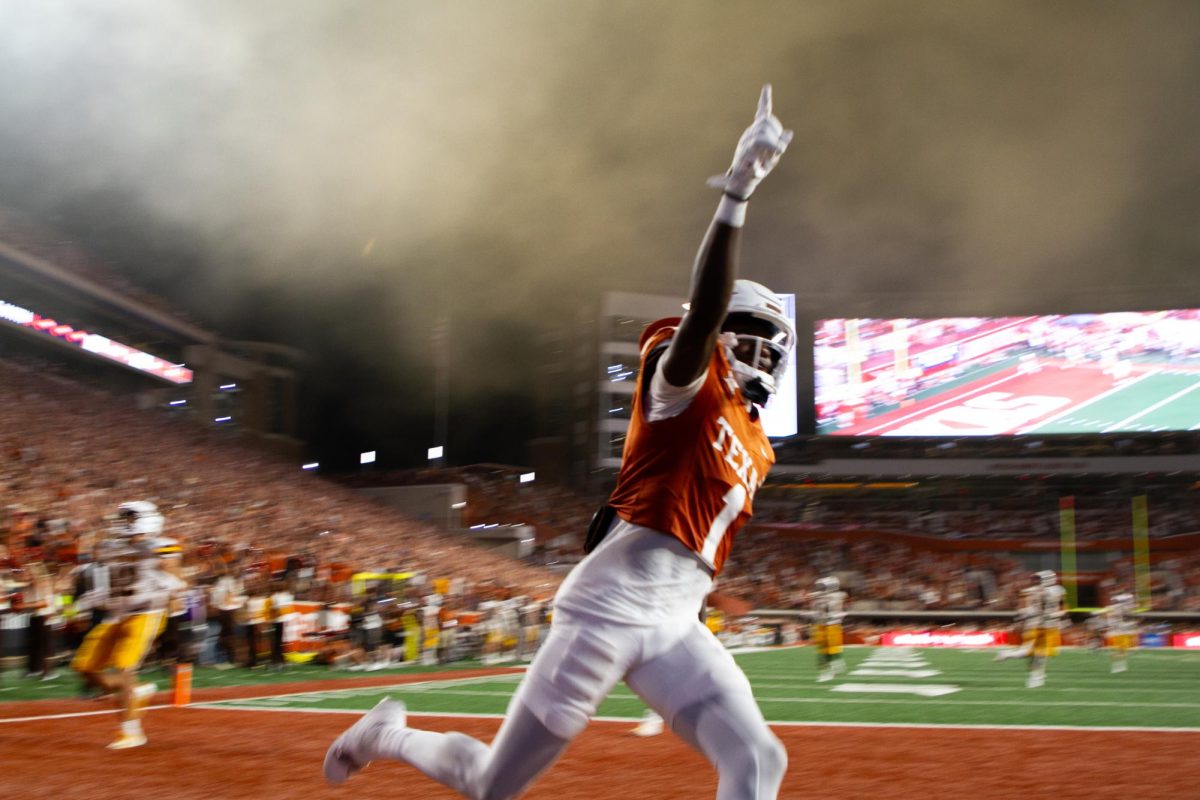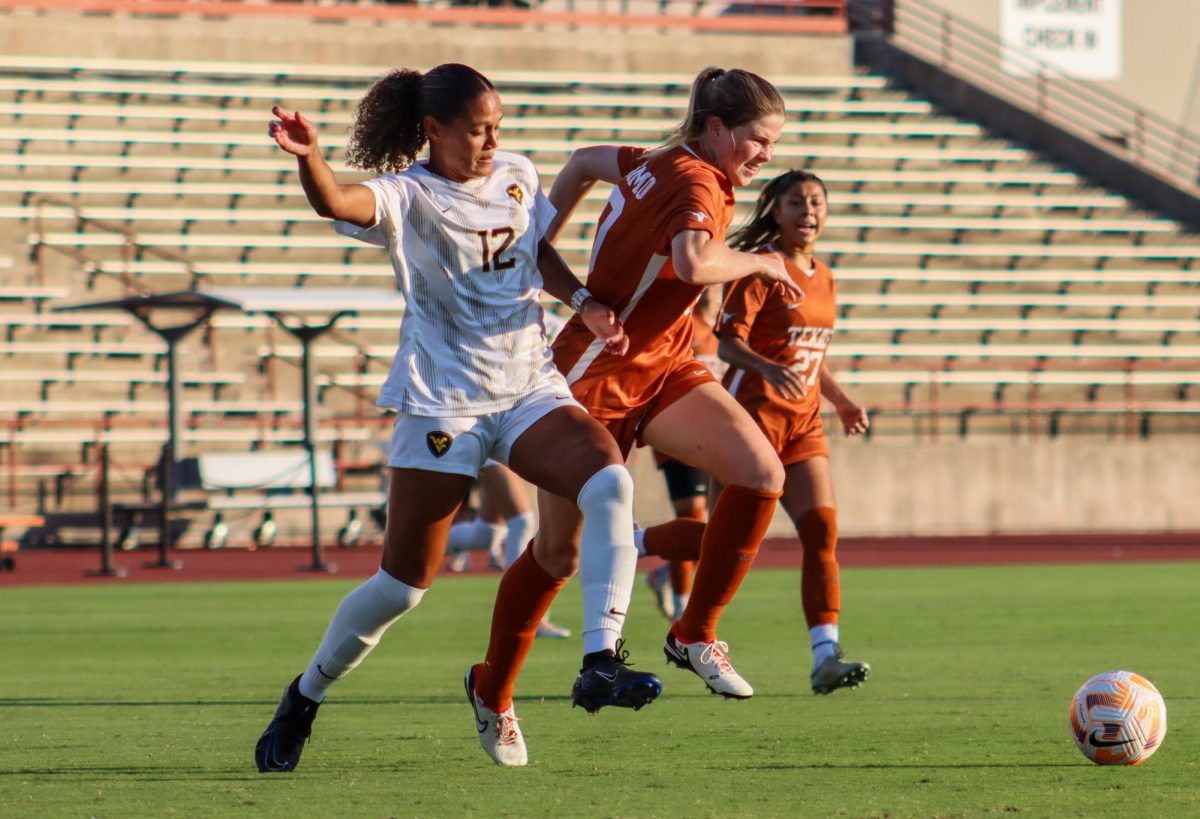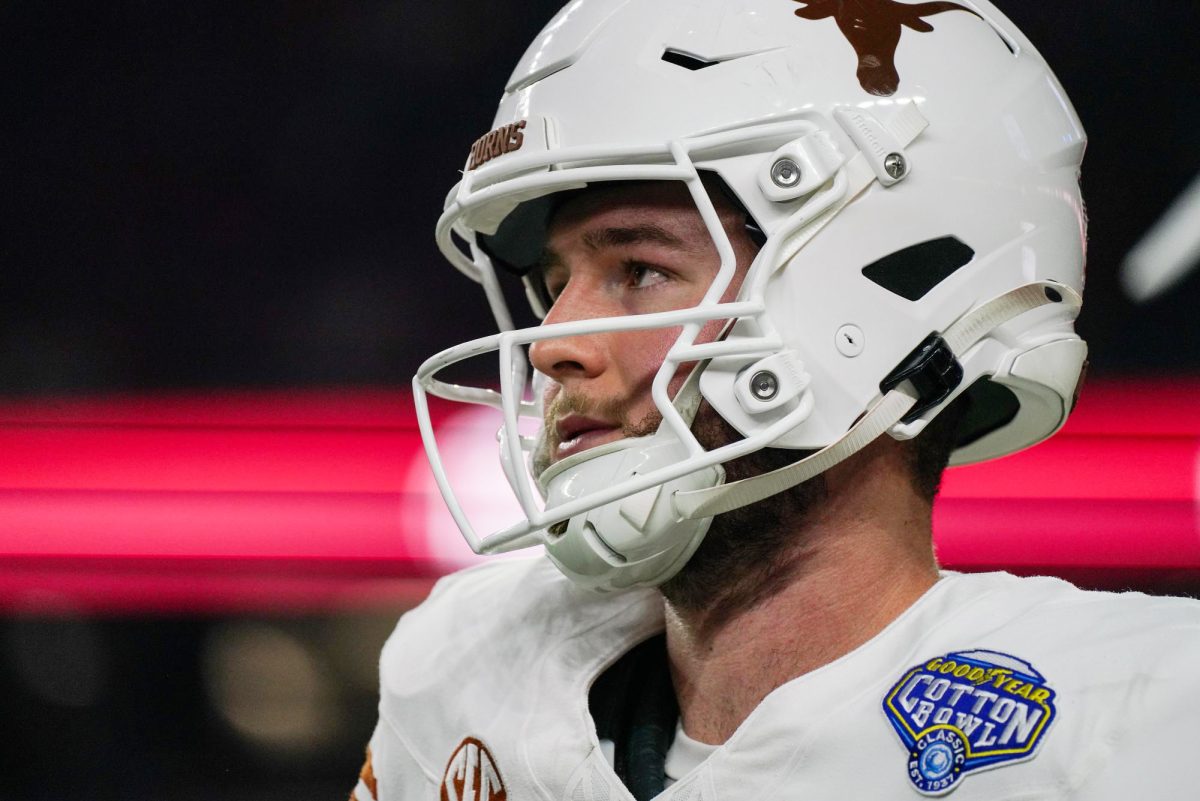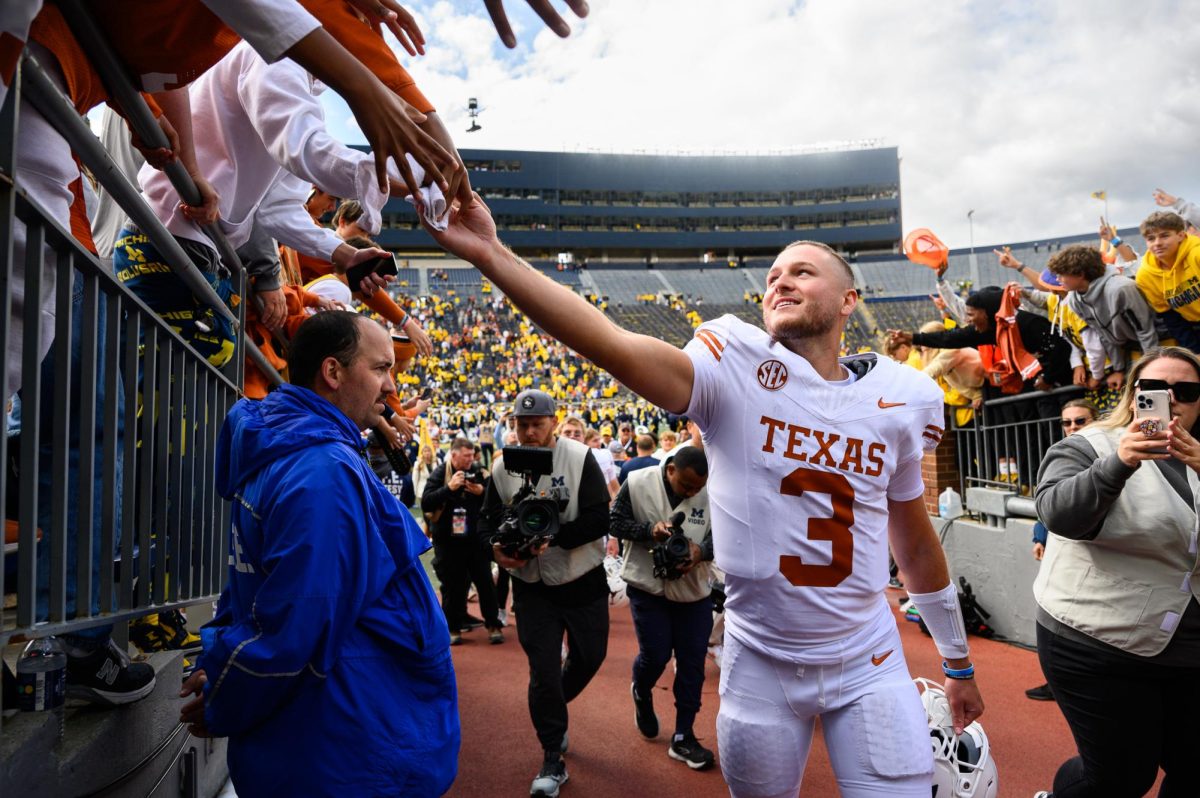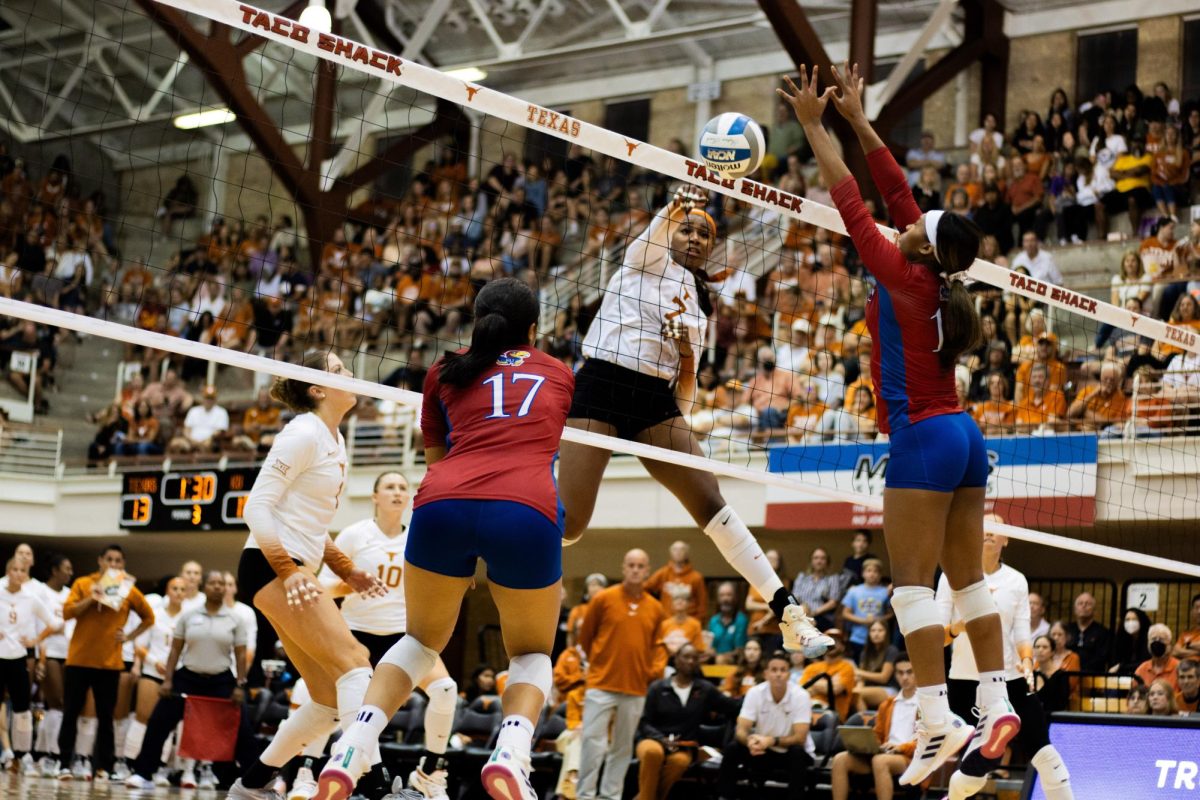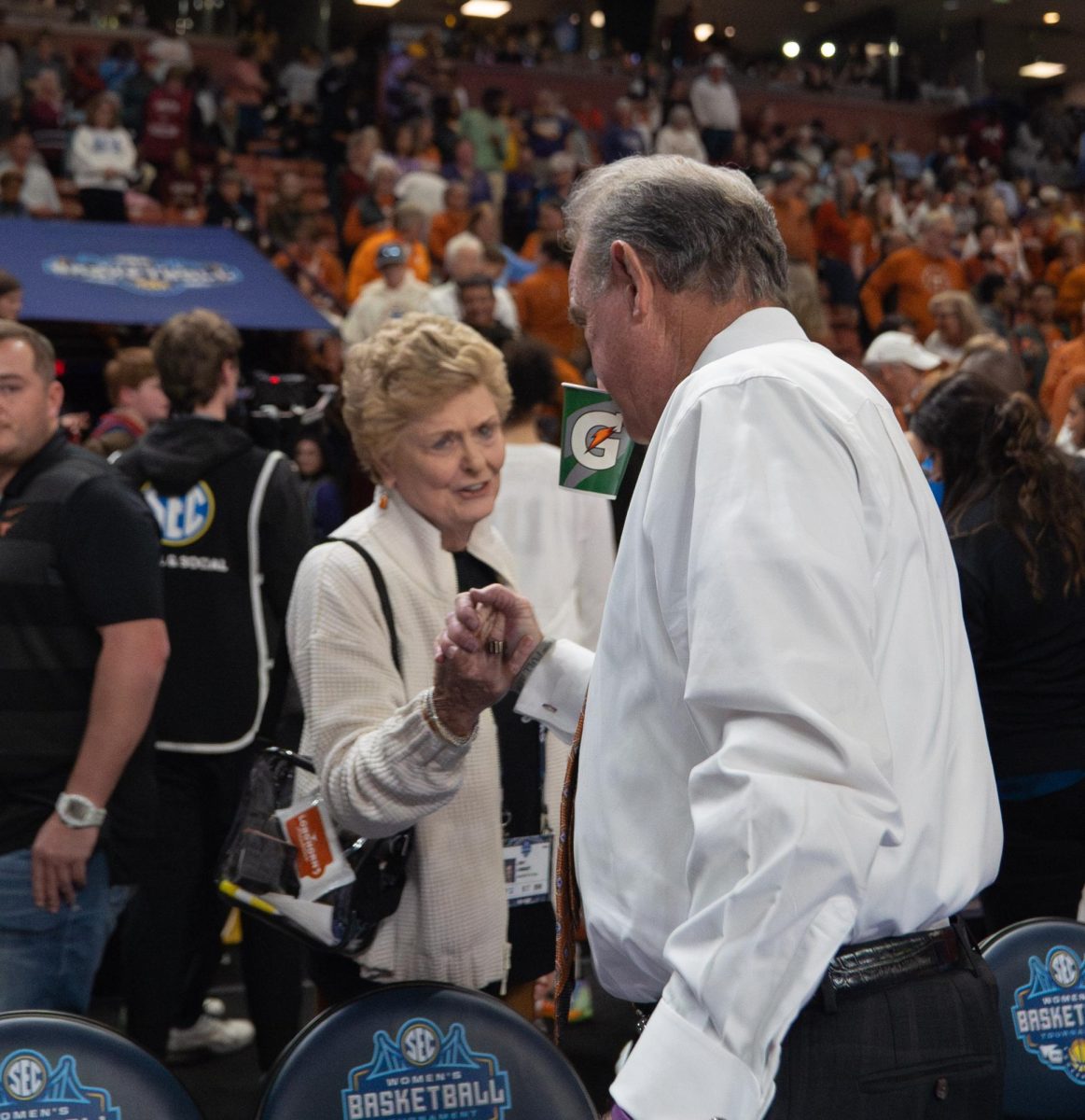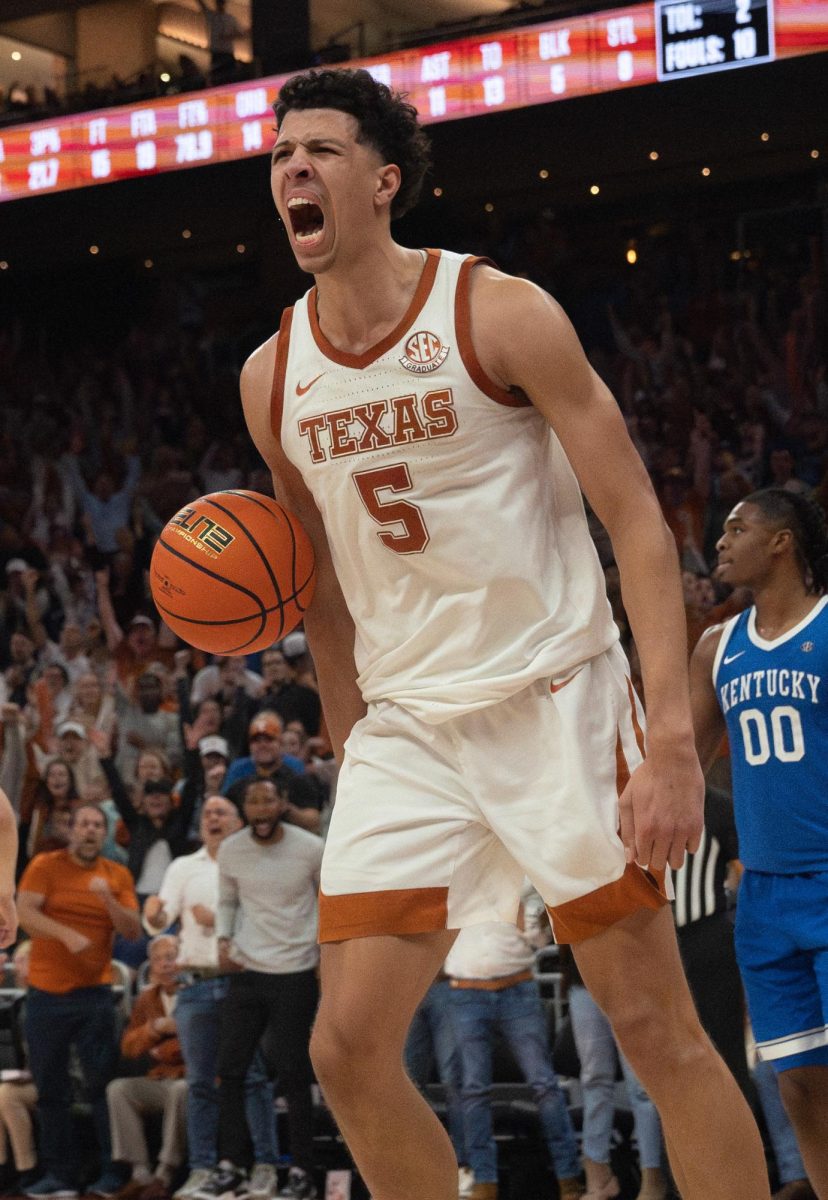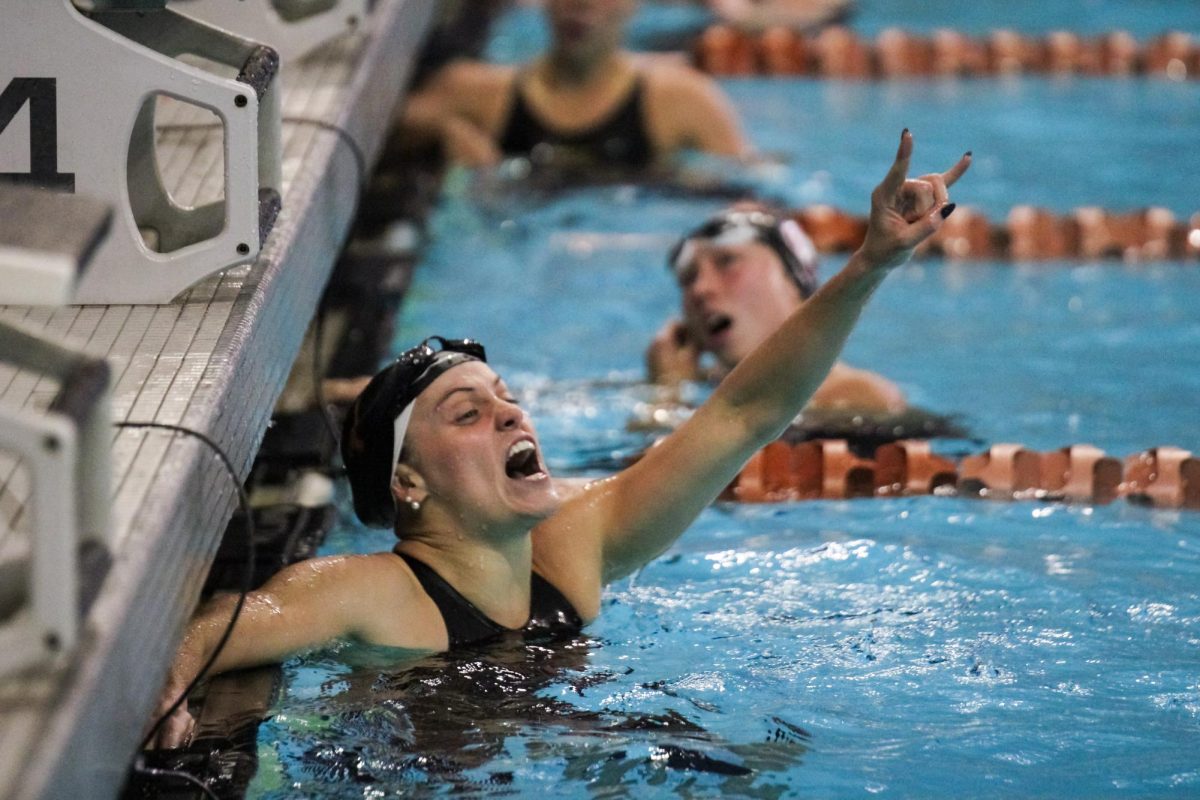For a sport that brought in more than $4 billion dollars this season, it is hard to believe that there isn’t enough of it to go around.
But it is not how much money there is coming in; it is how teams are spending it that has players and owners at odds. Basketball team owners want a salary cap, “revenue sharing” and the ability to let players go who underperform. Players on the other hand, want to increase their stake on the team’s pay roll, and neither side is budging.
“At every players’ meeting, [the players] had 20 to 25 guys there,” Kevin Durant said while in Austin to host his basketball camp this weekend. “Owners are united, but so are we. And there are more players.”
Prior to the end of this season, players such as Durant benefitted from the collective bargaining agreement settled between the NBA and the players union in 2005. Among other things, the CBA guaranteed money for players regardless of on-court performance and it established a “soft” cap — as opposed to a “hard” cap — which did not set spending limits on players.
But the issue goes even farther down the rabbit hole.
What the owners want
According to NBA Commissioner David Stern, the league expects to lose $300 million this season after losing $300 million last season because of the agreement provisions on spending requirements. The agreement mandated that every team owner spend at least 57 percent of their gross revenue on player salaries, and it is this obligation that the league said is the cause for 22 out of 30 reporting losses this season.
Only a few teams in the league enjoy high annual profits. For owners of some underperforming or smaller market teams, where ticket sales are harder to come by, spending 57 percent of team revenue on the players is too much. The league would like that percentage set closer to 40 .
The players union has repeatedly disputed the owners’ claims that they are losing money, but Stern believes the league has been forthright.
“We’ve given [the union] our certified financial statements,” Stern said. “We’ve provided access to our tax returns, and if there’s more needed, they’ll get more. We’re very comfortable because we’ve given the players association more financial information than has ever been done in the history of sport.”
What the players want
Players union President and Los Angeles Laker, Derek Fisher, said most of the money woes are a result of poor housekeeping.
“We’ve run into situations where teams have either mismanaged spending, overpaid staff or made decisions on rosters and personnel that weren’t in their best interest — things that we’re now being asked to take the hit for,” Fisher said in October.
Executive director for the National Basketball Player’s Association, Billy Hunter, said the owners are manipulating the numbers.
“There has been ongoing debate and disagreement regarding the numbers, and we do not agree that the stated loss figures reflect an accurate portrayal of the financial health of the league,” Hunter said during the season.
Along with maintaining a majority stake in revenues, the players oppose the owners’ “hard” salary cap proposal which would establish strict spending limits on players. The NBA’s “soft” cap has a number of loop holes and exceptions that allow a team to bypass the cap.
Similar to Major League Baseball, the NBA’s soft cap allows teams to spend above the salary cap as long as they pay a luxury tax. Most basketball teams spend above the cap. Boston, New York and Los Angeles can spend more than $100 million, while Minnesota spends less than $50 million. The current soft cap is set at $58 million.
A hard cap would eliminate bidding wars between owners for star players and theoretically spread talent around the league evenly, but for players who are earning well, a hard cap means an end to guaranteed contracts which ensure payment regardless of injury or on-court performance. Hunter called the guaranteed contracts the “life-blood” of the NBA.
“We’ve had that right for years, and it’s not something we’re trying to give up,” Hunter said.
A point of agreement
The one thing both sides want to see in the next collective bargaining agreement is guaranteed revenue sharing — but for different reasons.
Small market teams strongly support revenue sharing so that big spenders such as Boston and Los Angeles play a bigger role in subsidizing teams such as Sacramento or Memphis on an all-around operational level.
Conversely, the players union wants revenue sharing to ensure that those same smaller market teams can increase player salaries across the board.
But for a real conclusion to occur, more than revenue sharing needs to be agreed upon, and soon, before any more causalities to the lockout occur. This time last year, NBA fans fixated themselves to the Lebron James free-agent-frenzy that overturned the sporting world. This year, a free agency can’t occur until an agreement is signed. Freshly drafted rookies can’t practice with their new coaches and teammates, and the summer league will also be canceled if it continues. Negotiations are stalled right now, with neither side able to concede to any of the more contentious
debates.
While no one knows when an agreement might occur, few can dispute that this lockout is going to be messy.
Printed on 07/07/2011 as: Locked out

